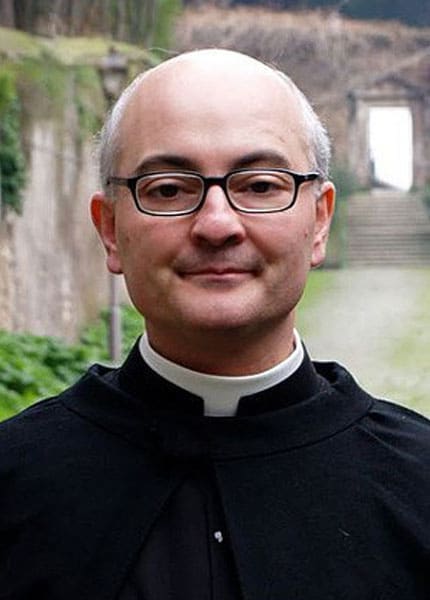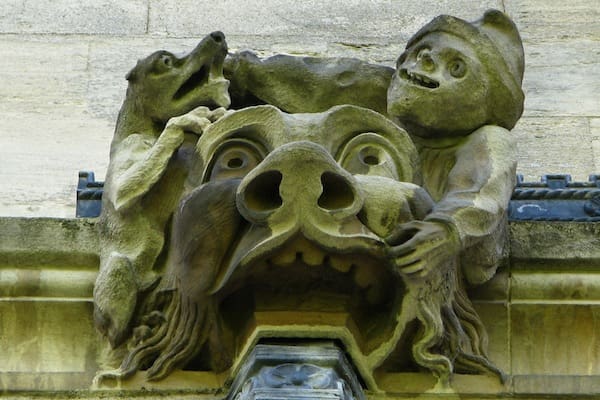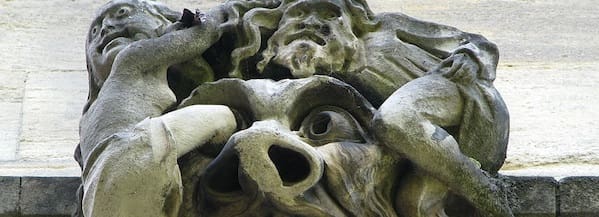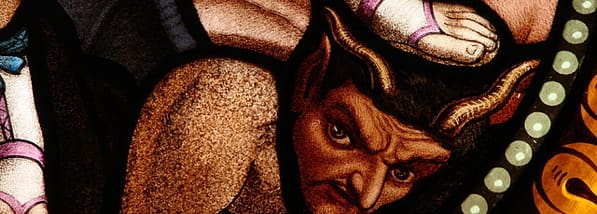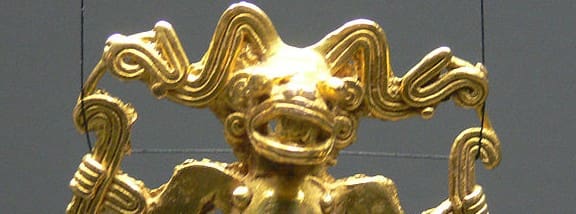
Questionable Visions: Demonic or Psychiatric Origins?
Fr. Fortea, how can one tell if a vision is demonic in origin or is a psychiatric problem? The best way to discern if something is demonic in origin or merely a psychiatric problem is through the passage of time. If something that seems extraordinary (e.g., a vision or a locution) is a mental illness,



